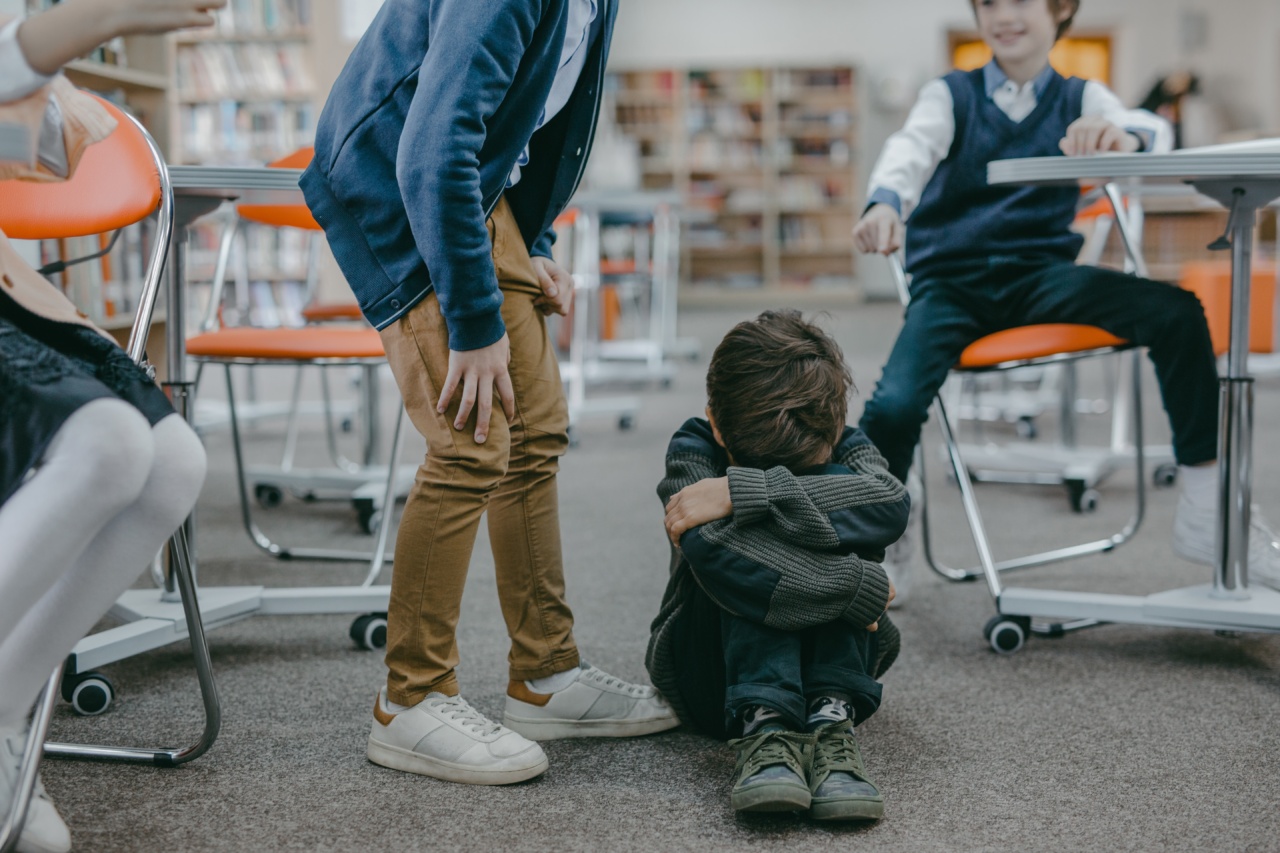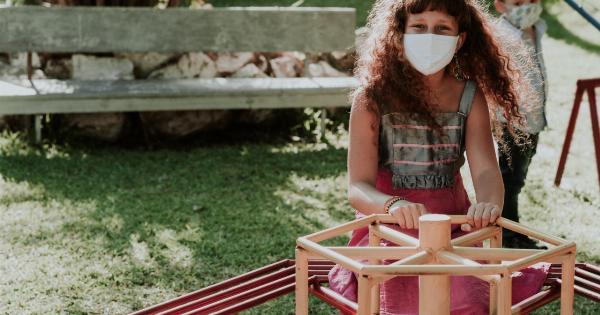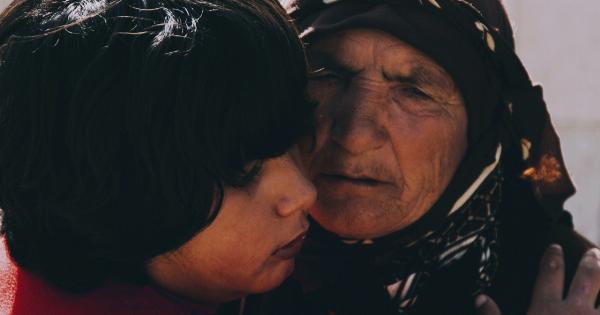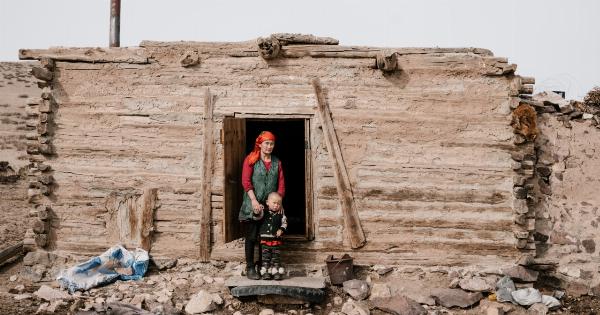Depression is a serious mental health condition that can affect individuals of any age, including children and adolescents. As a parent, it is crucial to be vigilant and aware of the signs and symptoms of depression in your child.
Early detection and intervention can make a profound difference in their overall well-being and future. In this article, we will explore ten key ways to recognize depression in your child.
1. Persistent Sadness or Irritability
One of the most common signs of depression in children is an overwhelming and persistent feeling of sadness or irritability. Children may appear more tearful, moody, or even angry for extended periods without any apparent trigger.
These emotions can significantly impact their daily functioning and overall demeanor.
2. Loss of Interest or Enjoyment
A child experiencing depression may lose interest in activities or hobbies that they once found enjoyable. They may withdraw from social interactions, isolate themselves, and exhibit a general lack of enthusiasm for things they used to love.
This sudden disengagement can be a red flag for potential depression.
3. Changes in Sleep Patterns
Another indicator of depression in children is a significant change in sleep patterns. Your child may start experiencing insomnia or, conversely, sleep excessively.
These disturbances can lead to pronounced fatigue, difficulty concentrating, and a lack of energy throughout the day.
4. Appetite and Weight Changes
Depression can also affect a child’s appetite, leading to noticeable changes in their eating habits and weight.
Some children may demonstrate a significant decrease in appetite, resulting in weight loss, while others may turn to food as a coping mechanism and experience weight gain. These fluctuations should not be overlooked as they can indicate underlying emotional distress.
5. Frequent Physical Complaints
Children with depression may frequently complain about physical ailments such as headaches, stomachaches, or other unexplained pains.
While these complaints may have a genuine physical basis, it is essential to consider the possibility that they could be manifestations of underlying emotional distress.
6. Poor Academic Performance
Depression can significantly impact a child’s cognitive functioning and academic performance.
If your once academically thriving child starts experiencing a sudden decline in their school performance, struggles with concentration, or exhibits difficulty completing assignments, it is crucial to explore whether depression may be a contributing factor.
7. Social Withdrawal
Social withdrawal is another common symptom of depression in children. They may isolate themselves from friends, become more reserved in group activities, or display a general disinterest in socializing.
These behaviors can be indicative of the emotional turmoil they are experiencing within.
8. Increased Sensitivity to Rejection
Children with depression may demonstrate heightened sensitivity to rejection and criticism. They may become overly upset or distressed by perceived negative feedback, even if it is constructive.
This increased vulnerability can negatively impact their self-esteem and overall emotional well-being.
9. Poor Self-Esteem
Depression often goes hand in hand with low self-esteem in children. They may express feelings of worthlessness, make derogatory comments about themselves, or exhibit a lack of confidence in their abilities.
Building a positive sense of self-esteem is critical for their mental health and development.
10. Suicidal Thoughts or Behaviors
In severe cases of childhood depression, children may express thoughts of self-harm or exhibit suicidal behaviors. These signs should never be ignored and require immediate professional intervention.
If your child ever mentions feeling hopeless, talks about death, or engages in self-destructive behavior, seek help urgently.
Recognizing depression in your child is the first step towards providing them with the support and care they need.
If you notice any of these signs or symptoms on an ongoing basis, it is crucial to consult with a mental health professional who specializes in child and adolescent psychology. Remember, early intervention can make a significant difference in your child’s recovery and future well-being.


























